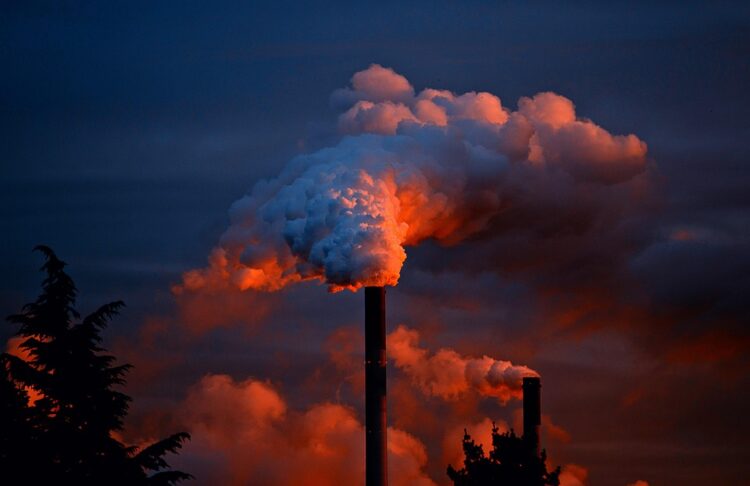The Silent Threat: How Pollution is Slowly Killing Our Environment
As our world becomes more industrialized and urbanized, pollution has become an increasingly pressing issue that threatens the health of our planet. From air pollution to water contamination, the effects of pollution are widespread and far-reaching. In this article, we will explore the various ways in which pollution is slowly killing our environment, and what we can do to combat this silent threat.
The Impact of Air Pollution
Air pollution is one of the most visible and pervasive forms of pollution that affects our environment. From smog-filled cities to industrial emissions, the air we breathe is often filled with harmful pollutants that can have serious health consequences. In addition to causing respiratory issues and exacerbating conditions like asthma, air pollution can also have long-term effects on the environment.
One of the most well-known consequences of air pollution is global warming. The release of greenhouse gases like carbon dioxide and methane into the atmosphere traps heat and contributes to the warming of the planet. This can lead to a host of environmental problems, including melting ice caps, rising sea levels, and more frequent and severe natural disasters.
The Dangers of Water Contamination
Water pollution is another major environmental issue that is often overlooked. From industrial runoff to agricultural pesticides, our water sources are under constant threat from a variety of pollutants. Contaminated water can have serious health consequences for both humans and wildlife, and can also have a detrimental impact on aquatic ecosystems.
In addition to the direct health effects of consuming contaminated water, water pollution can also have far-reaching consequences for the environment. For example, the runoff of agricultural fertilizers into water sources can lead to algal blooms, which can deplete oxygen levels in the water and result in the death of aquatic plants and animals.
The Importance of Waste Management
Proper waste management is essential for preventing pollution and protecting the environment. Improper disposal of waste materials can lead to contamination of soil, water, and air, and can have serious consequences for both human health and the health of the planet.
One of the biggest challenges in waste management is the issue of plastic pollution. Plastic waste is ubiquitous in our environment, and can take hundreds of years to decompose. This means that plastic waste can accumulate in the environment and pose a long-term threat to wildlife and ecosystems.
What Can We Do to Combat Pollution?
While pollution is a complex and widespread issue, there are steps that we can take as individuals and communities to combat this silent threat. One of the most important things we can do is to reduce our own carbon footprint by making small changes in our daily lives. This can include things like using public transportation, reducing our energy consumption, and recycling and composting waste materials.
Another important step in combating pollution is to support policies and initiatives that aim to reduce pollution at a larger scale. This can involve advocating for stricter environmental regulations, supporting renewable energy initiatives, and participating in community clean-up efforts.
Conclusion
Pollution is a silent threat that is slowly killing our environment, but it is not too late to take action. By raising awareness about the dangers of pollution, supporting environmentally-friendly policies and initiatives, and making changes in our own lives to reduce our carbon footprint, we can all play a part in protecting the health of our planet for future generations.
Together, we can combat pollution and ensure a cleaner, healthier environment for all.











